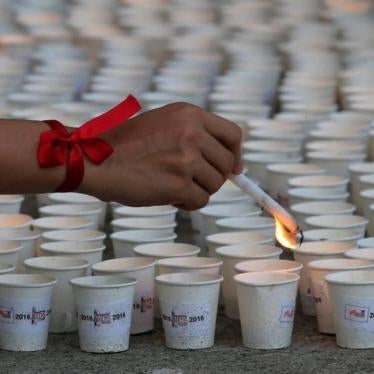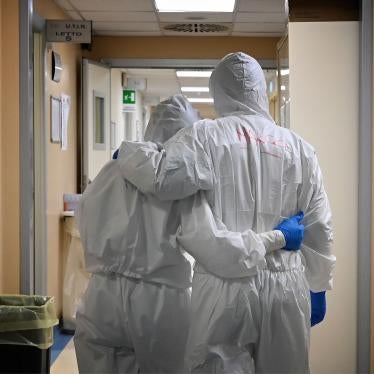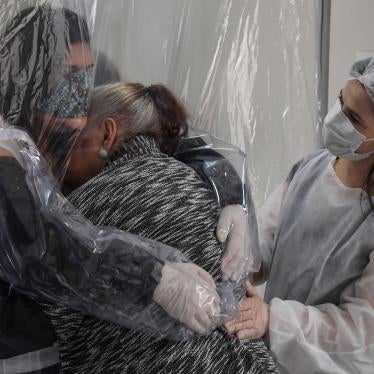A pregnant woman in Uganda who needs an emergency C-section in a small rural hospital. A man carried into a field hospital in Haiti, his legs crushed by a collapsing building in the earthquake. A girl hit by shrapnel in the Democratic Republic of Congo’s armed conflict.
Each requires surgery and each is likely to receive a cheap anaesthetic called ketamine that can be used safely under difficult conditions.
“In emergency situations, ketamine is the anaesthetic of choice,” says Dr Jannicke Mellin-Olsen of the World Federation of Societies of Anesthesiologists, who has worked in war zones and relief efforts in Lebanon, Pakistan, Serbia and more. “It is safe, cheap and effective.”
But an upcoming UN vote could make it hard to come by.
What makes ketamine so good for emergency situations is that it puts the patient to sleep without significantly affecting vital functions such as breathing and blood pressure, making it the safest anaesthetic option.
Even in non-emergency surgery, it is often safer than other anaesthetics, particularly when there is no monitoring equipment, well-trained anaesthesia personnel, reliable electricity or supplemental oxygen available. In fact, in low-income countries, many hospitals face those challenges as well.
But a Chinese government proposal to classify ketamine as an internationally controlled substance threatens to significantly complicate the medication’s use.
The World Health Organisation expert committee that recently examined both the misuse risk of ketamine and its medical value has recommended against adding it to the list of internationally controlled substances. Yet, the UN Office on Drugs and Crime has scheduled a vote on China’s proposal at the next Commission on Narcotic Drugs in March.
So what will happen if ketamine becomes a controlled substance? The situation with morphine, a strong painkiller that is controlled internationally because of the risk of misuse, serves as a cautionary tale.
Every aspect of the life cycle of the medication is controlled: The UN requires strict administrative control of poppy cultivation and of the amounts of raw material produced and kept in stock in every country; transportation across international borders requires import and export licenses; and in many countries physicians may prescribe — and pharmacies sell it — only if they get a special licence.
On top of that, any mishandling of the medication, including sometimes unintentional errors, may expose healthcare workers to criminal sanctions.
Is it surprising that the availability of morphine is very limited in much of the world? Or that physicians are worried about prescribing it? Or that pharmaceutical companies have lost interest in supplying a medication with a small profit margin and a big hassle factor?
There is broad consensus that non-medical use of morphine and other strong painkillers can have significant adverse public-health consequences, including drug dependence and overdose deaths, that justify control of its use.
Ketamine is a different story. Although there are reports of misuse from some countries, according to the WHO, ketamine dependence and lethal overdoses are rare. Moreover, many countries in fact have no significant reported problems with non-medical use of ketamine.
Yet, if ketamine becomes a controlled substance, many of those countries are likely to face big challenges in their healthcare systems.








